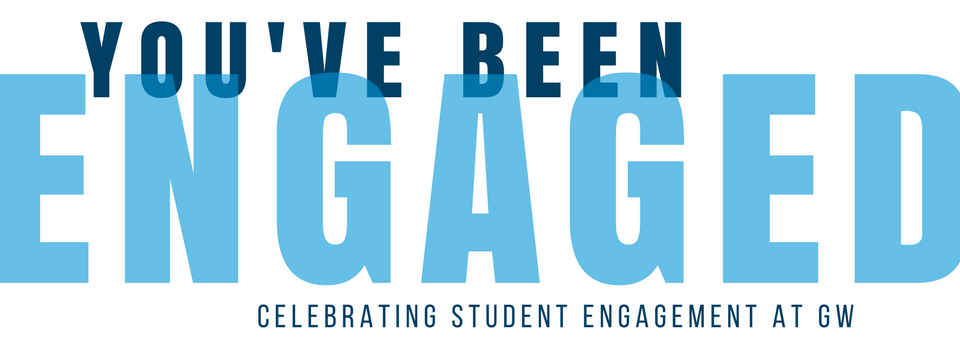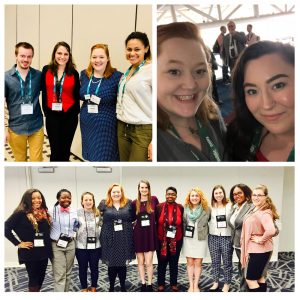by Charlotte McLoud (cmcloud@gwu.edu)
The best advice I ever received from a professor in graduate school was, “Find a space to call home in the profession. The work that we do is not easy; home will keep you grounded”. As my professional journey leads me to and through various opportunities, projects, institutions, and challenges, engaging with like-minded educators have been essential to my success and well-being. ACPA has been that place for me. Here are six reasons why:
1. Pre-Convention Sessions
While pre-convention sessions are not unique to ACPA, they have definitely added significant value to my conference experience. Pre-Convention sessions are typically daylong or half-day workshops dedicated to discussing best policies, guiding philosophies, and campus implications of a particular topic. In past years, I received my Mental Health First Aid program certification, as well as attended a session about Title IX compliance and interpersonal education. If you are looking for a jump-start to your conference experience, check out the pre-convention sessions offered! ...continue reading "Livin’ My Best Life: 6 Things I Love about ACPA"





